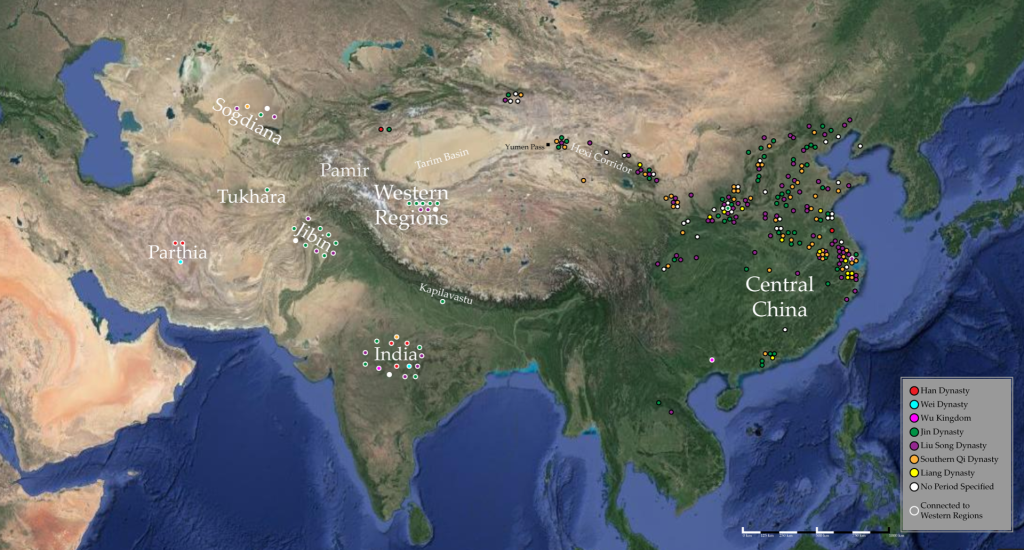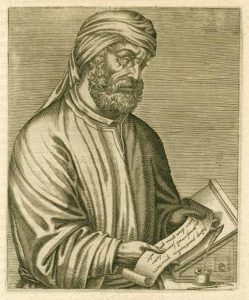
The project team posing with one of the exhibit information posters on opening night.
On September 24th, 2024, the Department of Classics celebrated the opening of a new temporary exhibit at the Ure Museum of Greek Archaeology: “Distorted History: AI’s Skewed Visions of the Ancient World”. This exhibit was organized by Edward A. S. Ross and Jackie Baines as part of their generative image artificial intelligence (AI) research with undergraduate research assistants Jacinta Hunter, Hannah Gage, and Shona Carter-Griffiths.
This exhibit started as a conversation in the hallway about how AI-generated images were being used to illustrate “history” narratives on most social media platforms. There were several biases present in these images that could skew an uninformed observer’s view of the discussed ancient figure or concept. With a Research Collaboration and Impact Fund (RCIF) Grant and an Undergraduate Research Opportunities Programme (UROP) Grant from the University of Reading and an Ancient Worlds, Modern Communities Grant from the Society for Classical Studies (SCS), the project team was able to critically examine the sources for AI-generated images of the ancient world through a series of tests.
As a pilot study, Shona Carter-Griffiths generated images using OpenAI’s DALL-E-2 and DALL-E-3. Jacinta Hunter continued this work, generating images using 8 additional programs. Hannah Gage then examined these images and identified ancient sources and modern media representations that might have influenced their features.
Altogether, the project team generated 3,860 images of ancient figures and concepts using 10 different generative AI tools and identified hundreds of links to ancient sources and modern media.
The exhibit at the Ure Museum illustrates 18 of these comparisons, demonstrating a clear bias towards modern representations of ancient figures. The physical version of the Distorted History exhibit will be open until February 7th, 2025, but an online version of the exhibit is available on the Ure Museum website.
The project team would like to thank the Society for Classical Studies, the University of Reading, and the Department of Classics for their financial support of this exhibit.


















